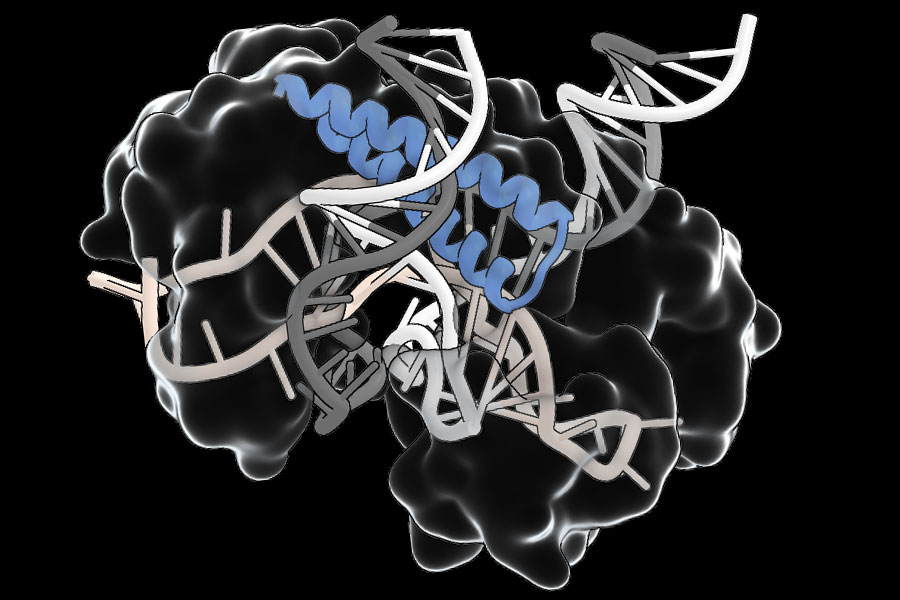Introduction to AI in Supply Chain
AI is driving a new revolution across various industries, and the supply chain is no exception. AI has been the most transformative technology of the decade, helping supply chains become more efficient, resilient, and responsive. This allows organizations to become more efficient and enables workforces to focus on strategic growth.
Benefits of AI in Supply Chain
The potential of AI in the supply chain is undeniable. Some estimates suggest that AI helps businesses reduce logistics costs by 15%, reduce inventory levels by 35%, and raise service levels by 65%. In contrast, failure to implement AI tools could set companies back, leaving employees feeling unmotivated and unproductive, resulting in a weak supply chain and poor staff retention.
Transforming the Supply Chain through AI
Despite the benefits of AI, many businesses are slow to adopt the technology. Recent statistics show that only one in ten SMEs regularly use AI technology. This indicates that companies and employees are not operating at their full potential, missing out on opportunities for growth and optimization.
Automating the Supply Chain
AI allows businesses to tackle supply chain challenges head-on by automating time-consuming manual processes, such as data-logging, while reducing errors. By taking over repetitive and potentially hazardous tasks, AI frees up employees to focus on strategic initiatives that drive business value. For example, a recent report highlighted that nearly three-quarters of warehouse staff surveyed are excited about the possibilities of generative AI and robotics improving their job roles.
Harnessing the Power of AI for Resilience
A supply chain still can’t operate at its peak without resilience – the capacity of a supply chain to withstand and recover from disruptions – ensuring uninterrupted operations and minimal impact on businesses and customers. AI enables businesses to provide real-time data analysis, providing unprecedented insights into the web of supply chain dynamics and acting as the eyes and ears of a supply chain. This empowers each component with the ability to make informed decisions quickly to meet supply chain demands.
Human Expertise with Robot Precision
Building on the theme of resilience, in the next couple of years, the industry will witness AI-integrated robots becoming collaborative partners to their human co-workers. Particularly in environments requiring vast coverage and extensive data capture, robots equipped with groundbreaking sensor technologies will navigate, adapt, and work with greater levels of autonomy alongside other machinery and people in busy environments. This will result in speed of data acquisition and most importantly, allowing companies to make decisions based on actionable insights faster than ever before.
What’s Next for the Industry?
In theory, implementing AI and advanced technology in the supply chain has the potential to bring significant benefits. However, we will only begin to see substantial results once these innovations are widely adopted in practice. By automating the supply chain and using data to fuel predictions, these technologies are the foundations for a new industrial revolution that will shape the future of industries for years to come. Those that delay starting their journeys will risk being left behind.
Conclusion
AI has the potential to revolutionize the supply chain, making it more efficient, resilient, and responsive. By automating manual processes and providing real-time data analysis, AI can help businesses make informed decisions quickly and improve their overall operations. As the industry continues to evolve, it’s essential for businesses to adopt AI technology to stay ahead of the competition and achieve substantial results.
FAQs
- Q: What is the current state of AI adoption in supply chains?
A: Recent statistics show that only one in ten SMEs regularly use AI technology, indicating a slow adoption rate. - Q: What are the benefits of using AI in supply chains?
A: AI can help businesses reduce logistics costs, reduce inventory levels, and raise service levels, making supply chains more efficient and resilient. - Q: How can AI improve supply chain resilience?
A: AI enables businesses to provide real-time data analysis, providing unprecedented insights into supply chain dynamics and acting as the eyes and ears of a supply chain. - Q: What’s the future of AI in supply chains?
A: The industry will witness AI-integrated robots becoming collaborative partners to human co-workers, and businesses that adopt AI technology will have a competitive advantage in the market.











